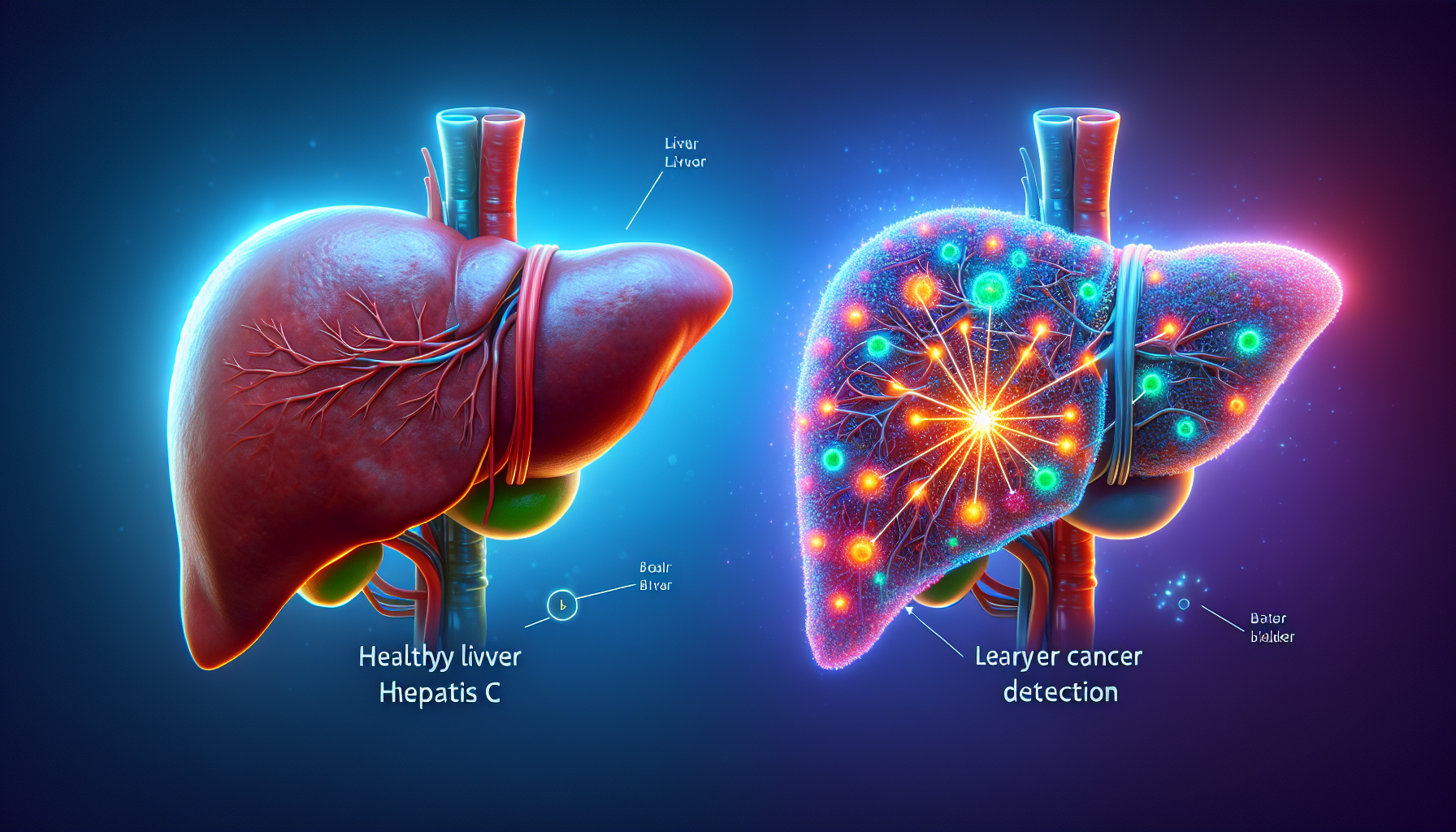New Study Urges Longer Lymphedema Monitoring for Breast Cancer Survivors
Key Takeaways
- Breast cancer survivors should be monitored for lymphedema for at least three years.
- Bioimpedance spectroscopy (BIS) technology is more effective at early detection of lymphedema compared to traditional methods.
- New guidelines recommend regular monitoring with BIS for better post-treatment care.
Did You Know?
Breast Cancer Survivors Need Extended Monitoring
A recent study suggests that breast cancer patients should be monitored for lymphedema for at least three years post-treatment.
The study, published in the Annals of Surgical Oncology, found that patients continue to remain at risk for lymphedema long after their initial cancer treatment.
The Impact of Lymphedema
Lymphedema is a troubling condition that causes swelling due to lymph fluid build-up, often as a side effect of cancer treatments.
According to the American Cancer Society, a significant number of breast cancer patients, as well as those diagnosed with melanoma or pelvic area cancers, are vulnerable to this condition.
Research Backing and Key Findings
The study, part of the large PREVENT trial, compared traditional tape measure methods for lymphedema with a newer technology called bioimpedance spectroscopy (BIS).
BIS was shown to be more effective at early detection, which is crucial for preventing progression to chronic lymphedema.
Expert Opinions
Dr. Steven Chen highlighted the importance of early and sustained monitoring, noting that lymphedema can arise years after the initial cancer treatment.
His colleague, Dr. Chirag Shah, echoed these sentiments, emphasizing that catching the condition early can help in better management and outcomes.
Technological Advancements in Detection
The SOZO Digital Health Platform uses BIS technology for fast and accurate assessments of lymphedema risk.
This technology is becoming a preferred method in clinical practice guidelines for its effectiveness in early detection.
Policy and Recommendations
New guidelines from the Multinational Association of Supportive Care in Cancer (MASCC) also recommend regular monitoring with BIS for breast cancer patients.
These guidelines complement the findings from the study and advocate for better post-treatment surveillance.
Implications for Healthcare
ImpediMed's devices are making significant inroads in the medical community, with growing acceptance among U.S. payors and widespread use in health systems.
The company's efforts are paving the way for a new standard in breast cancer survivorship care, focusing on early detection and ongoing monitoring.
As technology and medical practices evolve, these findings underscore the importance of extended care and surveillance for breast cancer survivors.
References
- American Cancer Society – Lymphedemahttps://www.cancer.org/treatment/treatments-and-side-effects/physical-side-effects/lymphedema.html
- Annals of Surgical Oncology – Published Studyhttps://link.springer.com/journal/10434
- ImpediMed – SOZO Digital Health Platformhttps://www.impedimed.com/products/sozo/what-is-sozo/






